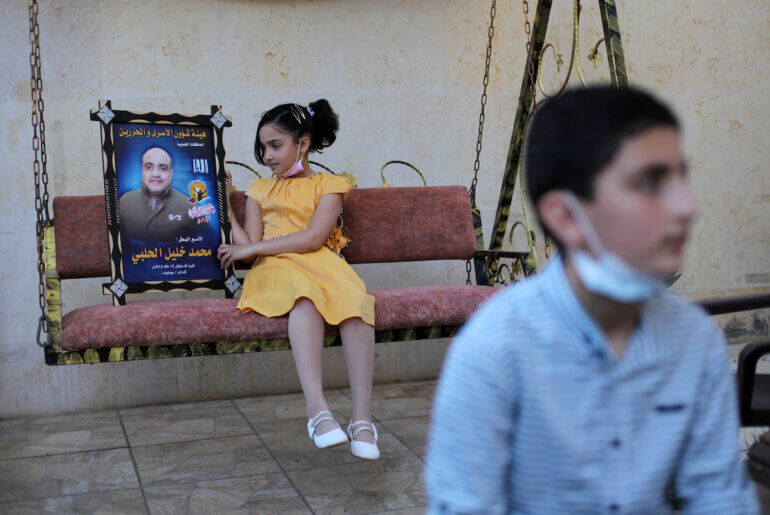By Yumna Patel – MondoWeiss
Over the past few weeks I have been thinking a lot about Israel and the use of “secret evidence.”
In the years I’ve been covering Israel’s occupation of Palestine, it’s an issue that arises time and time again. Palestinians are criminalized and imprisoned, and their lives destroyed all because of a weapon that Israel can yield, without any question or consequence: secret evidence.
I’ve seen it used against children, human rights defenders, civil society organizations, NGO workers, activists, and ordinary Palestinians.
It’s a classic move in the Israeli toolbox: in the face of lack of any real evidence of a crime, Israel pulls out the “secret evidence” card.
Is a Palestinian politically active in their community, and could pose a potential ‘threat’ to the state? Imprison them under secret evidence. Is a human rights advocate working to bring attention to Israel’s apartheid? Ban them from traveling under secret evidence. Are Palestinian civil society organizations threatening to hold Israel accountable for its crimes at the International Criminal Court? Criminalize the organizations and outlaw their work under secret evidence.
These are all instances of secret evidence used against Palestinians that have come across my desk in the past year or two alone. And they are just some of many.
Just yesterday, Israel convicted Palestinian aid worker Mohammad al-Halabi of transferring funds to Hamas. Al-Halabi, who worked at World Vision in Gaza, has been imprisoned for the past six years in pre-trial detention.
Aside from false “evidence” which al-Halabi says was coerced out of him by a mole after he was beaten during interrogation, Israel has kept its “evidence” of al-Halabi’s alleged crimes relatively secret.
Throughout his six year prolonged detention, Israeli officials insisted they presented additional material evidence in closed sessions with prosecutors, but the nature of those materials were never revealed.
Even the trial against al-Halabi was largely held in secret, and Wednesday’s court ruling itself was kept secret, with judges ruling that al-Halabi’s lawyer could only review the decision in the presence of security guards.
Last week, he European diplomats told Haaretz that Israel had not provided European countries with sufficient evidence to back its claims against six Palestinian civil society organizations, which it criminalized and outlawed last year after declaring them “terror organizations.”
Currently, 640 Palestinians are being imprisoned under administrative detention. It’s a policy that Israel uses almost exclusively against Palestinians under occupation, and allows the state to imprison Palestinians without charge or trial, often under the pretext of “secret evidence.”
Such secret evidence is commonly not even revealed to the prisoner, who spends months, even years, locked up without ever knowing why.
Even when Palestinians provide their own verifiable evidence against Israel’s claims, there is often nothing they can do, as the court commonly rules in favor of the secret evidence provided by Israeli prosecutors and intelligence officials.
Such has been the case with so many Palestinians I’ve spoken to over the years – their lives, and the lives of their families, devastated by the occupation and its farce of “democracy”, while the world watches on, unwavering in its determination to allow Israel to continue its crimes and violations without consequence.
When I think about cases of those like Mohammed al-Halabi, Salah Hammouri, and Layth Zeyad, I wonder what could have been for them and their families, had the world been so equally determined to achieve justice for Palestinians.
Shortlink for this post: https://daysofpalestine.ps/?p=20538





